An international team led by Chinese researchers has identified a molecular pathway that intensifies the severity of critical COVID-19 cases, lending clues to potential treatment for such cases.
The study published on Wednesday in the journal Science Signaling showed that the fusion of coronavirus-infected lung cells may exacerbate inflammatory responses, thus triggering immune signaling cascades in the lungs, which are a major driver of lung damage in patients with severe disease.
Scientists from the Chinese Academy of Medical Sciences and Peking Union Medical College and their collaborators analyzed postmortem patient samples. They found the correlation between critical COVID-19 cases and the fusion of lung epithelial cells called pneumocytes, which has also been observed in macaques and cultured cells infected with the virus.
Then, they examined human embryonic kidney cells that either expressed the spike protein of SARS-CoV-2 that causes COVID-19 or were infected with vesicular stomatitis virus carrying the spike protein.
The kidney cells ended up fusing and formed new cells with multiple nuclei and tiny micronuclei, which triggered a DNA sensor in the cell liquids, and the sensor in turn recruited a protein that activates the expression of genes encoding type I interferons which would be expected to further support inflammatory signaling, according to the study.
"Our data suggest a mechanism by which fused pneumocytes in the lungs of patients with COVID-19 may enhance the production of interferons and other cytokines, thus exacerbating disease severity," said Liu Xiaoman, the paper's co-first author.









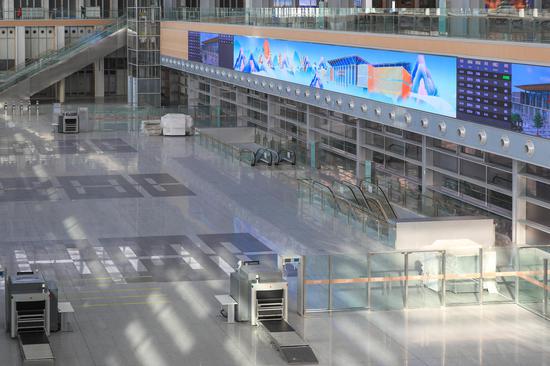

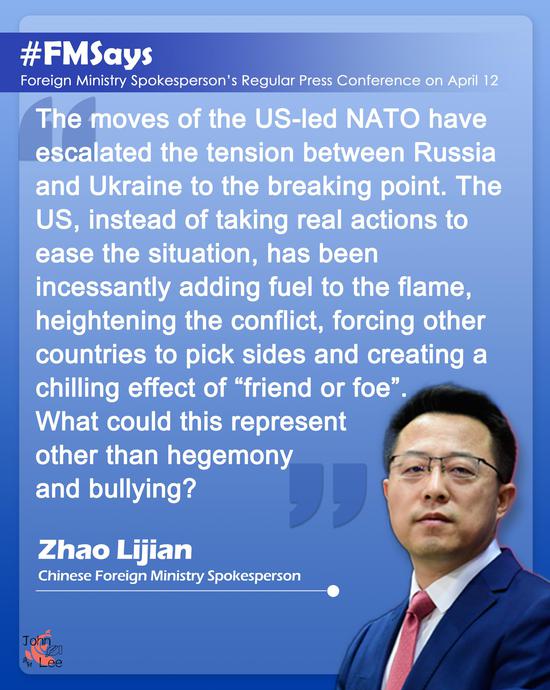



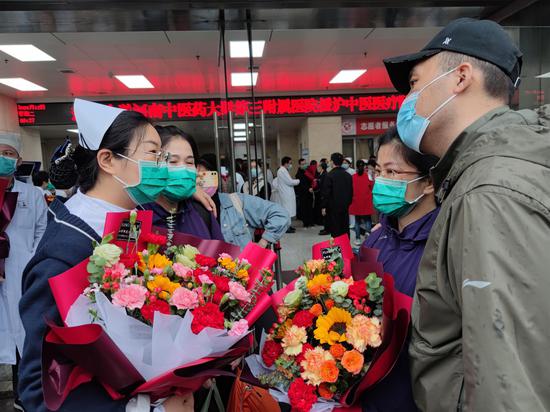
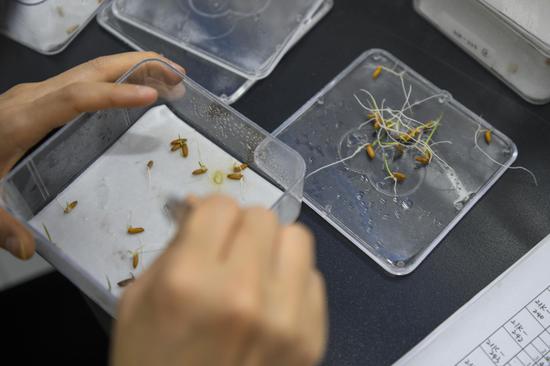




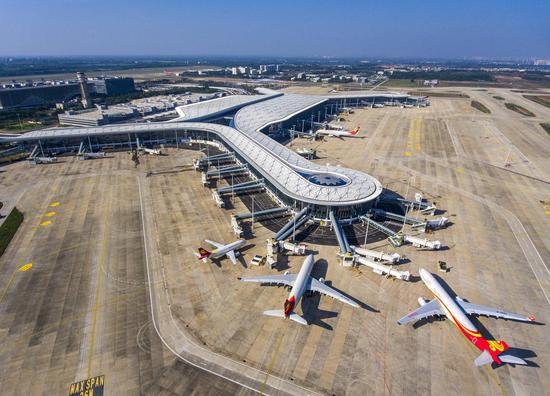





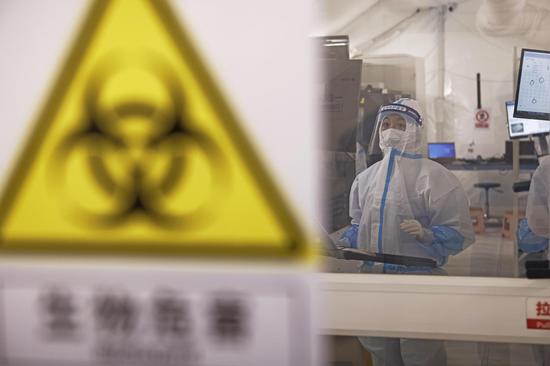

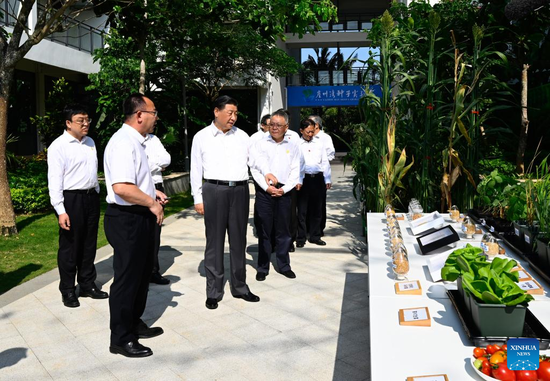



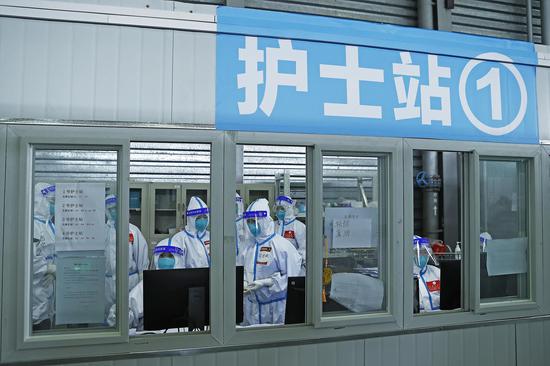


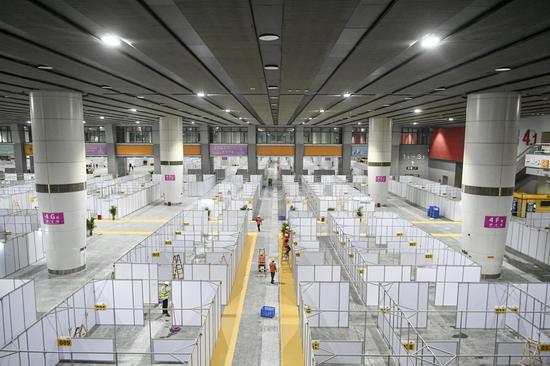

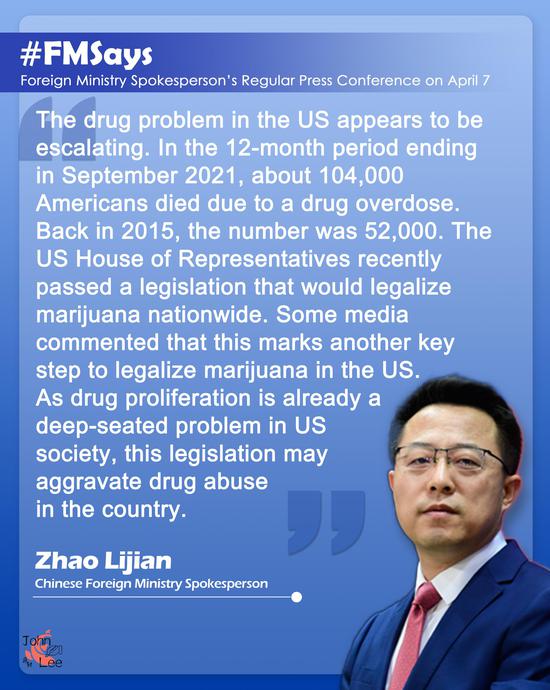



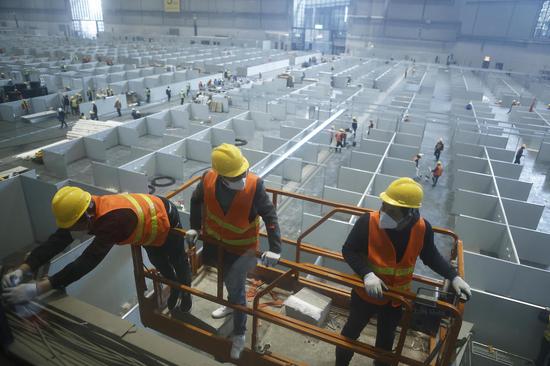







 京公网安备 11010202009201号
京公网安备 11010202009201号